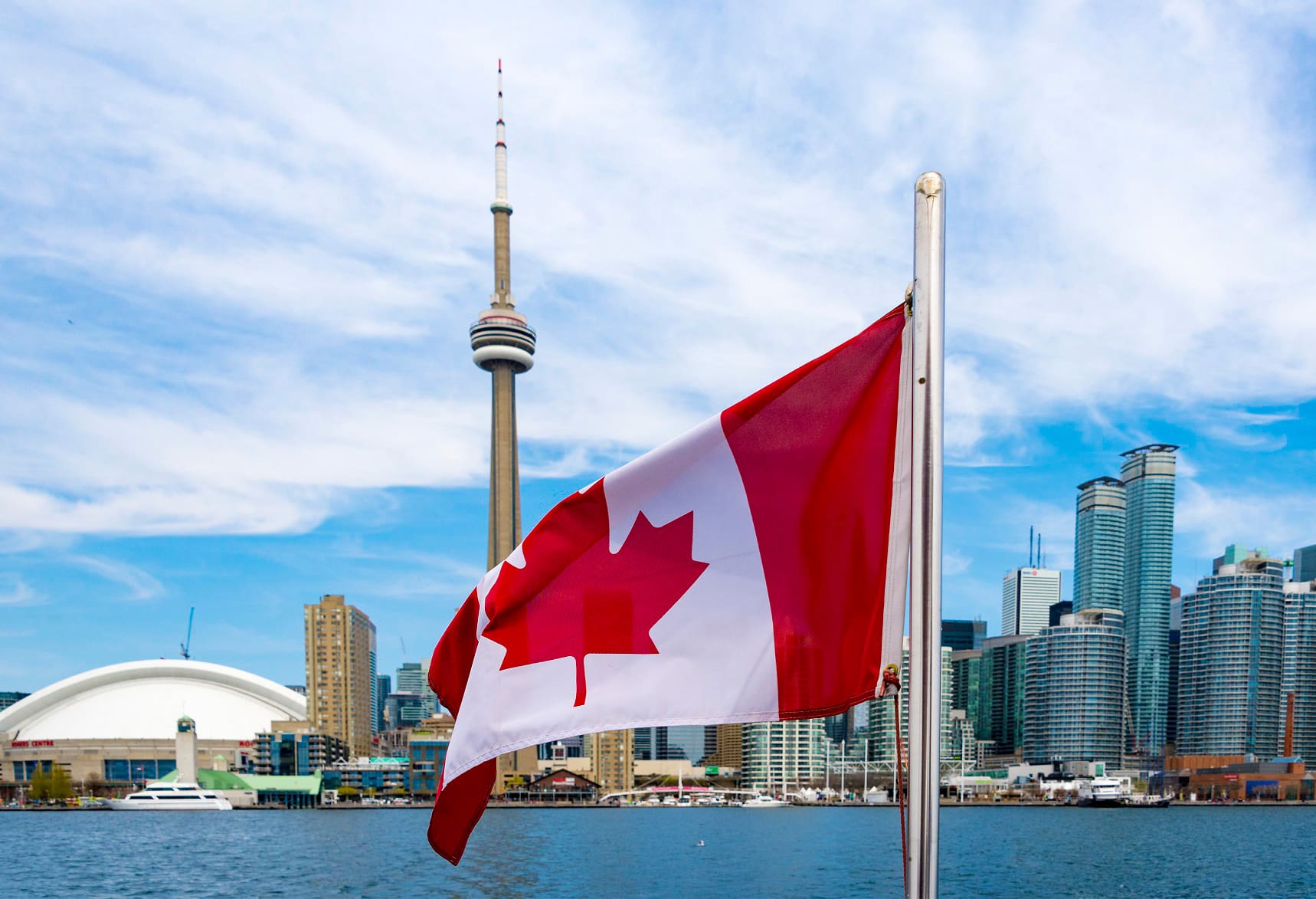A Canadian flag flies amid the Toronto skyline
Roberto Machado Noa | Getty Images
Despite a global recession brought on by the coronavirus pandemic, home values in major markets around the world continue to rise, with some at risk of overheating.
Of 25 major cities analyzed, more than half are either at risk of a housing bubble or are overvalued, according to UBS’ Global Real Estate Bubble Index 2020. The index looked at typical signs of a bubble, which include a decoupling of prices from local incomes and rents, and imbalances in the real economy, such as excessive lending and construction activity.
Toronto is the only major North American city in the study that was found to be at risk of a housing bubble. Vancouver, British Columbia, Los Angeles, San Francisco, and New York are considered overvalued, but not at risk of a bubble. Boston is at fair value, and Chicago is the only North American city considered to be undervalued.
Europe appears to have the greatest risk of housing heat, along with Hong Kong. Munich and Frankfurt in Germany and Warsaw, Poland, top the list, with home prices rising more than 5% in the last four quarters. Paris, Amsterdam and Zurich are also in bubble risk territory.
Cities not at risk of a bubble, but considered overvalued, include Vancouver, London, Tokyo, Los Angeles, Stockholm, Geneva, San Francisco, Tel Aviv, Israel, Sydney, Moscow and New York.
Home values have been supported throughout the pandemic by government stimulus, mortgage bailouts and low interest rates. UBS noted that it considers price gains under these circumstances unsustainable.
“It is uncertain to what extent higher unemployment and the gloomy outlook for household incomes will affect home prices. However, it’s clear that the acceleration over the past four quarters is not sustainable in the short run,” Mark Haefele, chief investment officer at UBS Global Wealth Management, said in a release. “Rents have been falling already in most cities, indicating that a correction phase will likely emerge when subsidies fade out and pressure on incomes increase.”
An aerial drone view of the city centre of Zurich, Limmat River, Lake Zurich, and the Grossmuenster Church stand during the coronavirus pandemic on July 12, 2020 in Zurich, Switzerland.
Christian Ender | Getty Images
Home values fell in just four of the 25 cities analyzed: Madrid, San Francisco, Dubai, United Arab Emirates, and Hong Kong. The last time there were fewer cities with negative price growth was in 2006.
The pandemic has increased demand for larger homes with more outdoor space, and in some cities that has caused a flight to the suburbs. Both New York and San Francisco have seen large outflows of the population either to smaller cities or suburban areas. That makes the future health of urban housing markets uncertain both in the short and long term, especially since no one knows how long the pandemic will drag on.
“The rise of the home office calls into question the need to live close to city centers. Pressure on household incomes cause many people to move to more affordable suburban areas,” said Claudio Saputelli, head of real estate at UBS Global Wealth Management’s chief investment office. “Already debt-ridden or economically weaker cities will have to respond to this economic crisis with tax increases or public spending cuts, neither of which bode well for property prices.”
